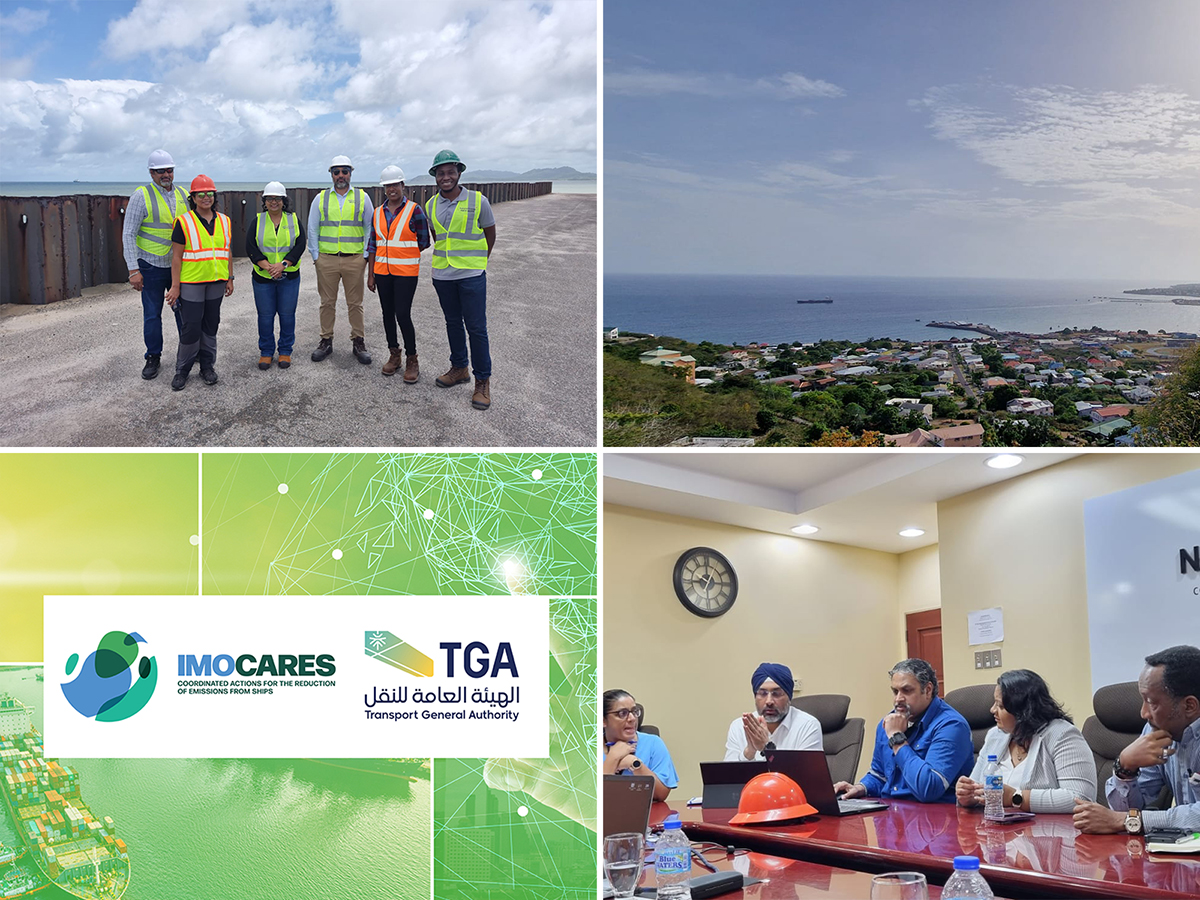IMO Projects Promoting Green Energy Transition in Developing Nations
Key Ideas
- Four pilot projects by IMO aim to assist developing countries in reducing GHG emissions through renewable energy solutions and port data-sharing.
- Initiatives in Mauritius, St. Kitts and Nevis, Namibia, and Trinidad and Tobago will address specific challenges while contributing to global emission reduction targets.
- Technological solutions like BioH2Energy in Mauritius, wind power in St. Kitts and Nevis, and port optimization in Namibia and Trinidad and Tobago showcase innovative approaches.
- The projects highlight the importance of technology, cooperation, and sustainable practices in fostering a greener future for maritime operations in developing nations.
The International Maritime Organization (IMO) has unveiled four pilot projects under the IMO CARES Global Technology Challenge to aid developing countries in decreasing their greenhouse gas emissions. These initiatives, to be executed in Mauritius, St. Kitts and Nevis, Namibia, and Trinidad and Tobago, focus on renewable energy production in ports and enhancing port efficiency through data sharing for 'just-in-time' shipping. Each project is tailored to address specific challenges in its respective region and aims to help these countries meet the IMO's energy efficiency and GHG reduction goals.
A notable project, BioH2Energy in Mauritius, led by Clean Maritime Shipping, focuses on converting organic waste into energy using hydrogen technology to reduce carbon emissions. Similarly, St. Kitts and Nevis will implement wind power technology to decarbonize the Basseterre port, while Namibia and Trinidad and Tobago will optimize port calls through a data-sharing platform to cut GHG emissions by 10%.
These projects are part of the IMO's EU-funded Global Maritime Technology Center Network Phase II project and are expected to pave the way for sustainable practices in maritime operations. The IMO emphasizes the significance of these initiatives in not only mitigating emissions locally but also contributing to the broader global efforts to combat climate change. The recent focus on supporting developing nations in their energy transitions, as highlighted in the Global Supply Chain Forum, underscores the importance of collaboration, technological innovation, and sustainable solutions in achieving a greener maritime industry.
Topics
Projects
Renewable Energy
Green Technology
Energy Efficiency
Technology Innovation
Sustainable Solutions
Maritime Industry
GHG Emissions Reduction
Global Development
Latest News
